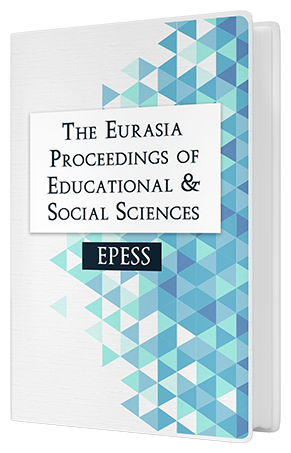Four Views of Teachers Discussing Controversial Issues
Keywords:
Controversial issues, exclusive neutrality, exclusive partiality, neutral impartiality, committed impartialityAbstract
Discussions on the nature of social reality and the characteristics of a good society, as well as the role of the school in this context, lie at the core of social studies. In this context, the teachers have always been and will always be criticized for the values they did not or were unable to convey from all ideological references. Often deemed a misfortune associated with the fate of teachers, this issue would be an incentive for more efforts in some senses, and poses an obstacle in others. The teachers are often accused of embracing racist and sexist discourses and expressing associated norms of cultural and economic domination on the one hand, and of voicing a sinister secular humanism claimed to lay the foundations of the superiority of capitalism and its democracy. In this context, the roles the teachers are required to assume in the discussion of controversial issues in their daily classes is a hot topic. This paper aims to present four critical perspectives regarding controversial issues expressed by teachers. These perspectives are often called exclusive neutrality, exclusive partiality, neutral impartiality and committed impartiality. Studies so far assume committed impartiality to be the most defensible teacher position.Downloads
Published
Issue
Section
License
Copyright (c) 2018 The Eurasia Proceedings of Educational and Social Sciences

This work is licensed under a Creative Commons Attribution-NonCommercial-ShareAlike 4.0 International License.
The articles may be used for research, teaching, and private study purposes. Any substantial or systematic reproduction, redistribution, reselling, loan, sub-licensing, systematic supply, or distribution in any form to anyone is expressly forbidden. Authors alone are responsible for the contents of their articles. The journal owns the copyright of the articles. The publisher shall not be liable for any loss, actions, claims, proceedings, demand, or costs or damages whatsoever or howsoever caused arising directly or indirectly in connection with or arising out of the use of the research material. All authors are requested to disclose any actual or potential conflict of interest including any financial, personal or other relationships with other people or organizations regarding the submitted work.




